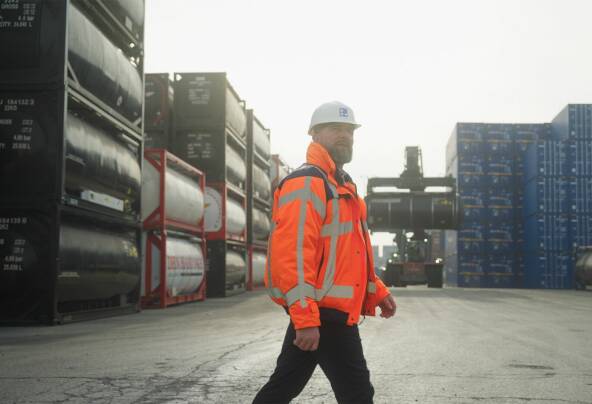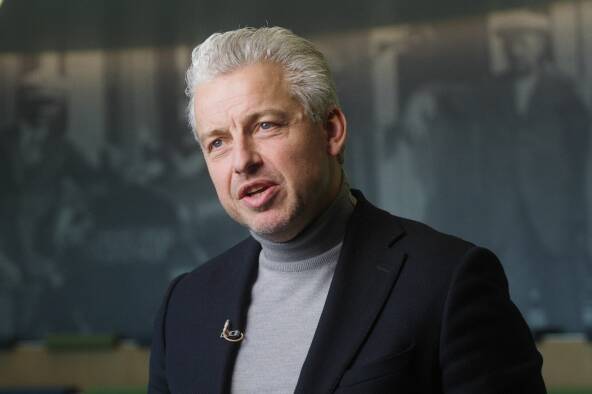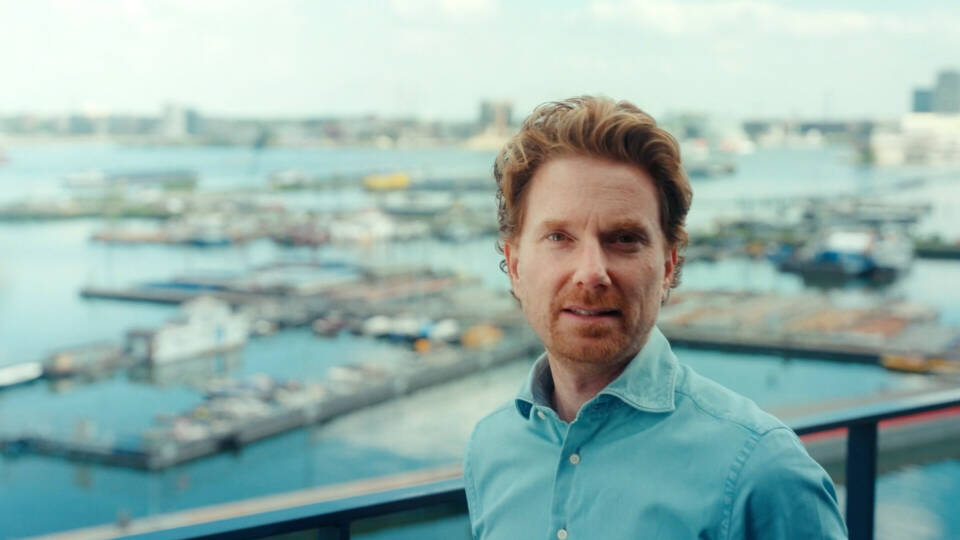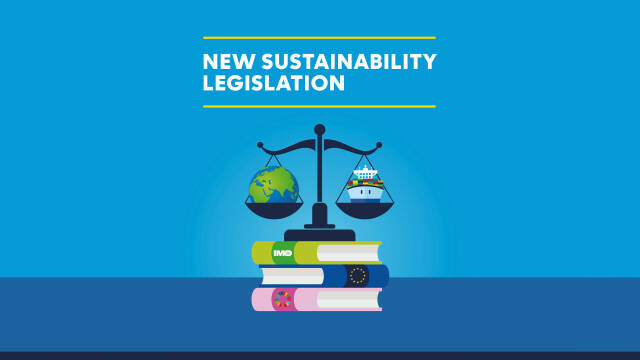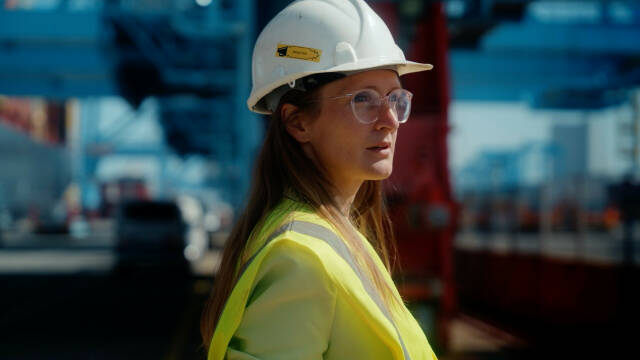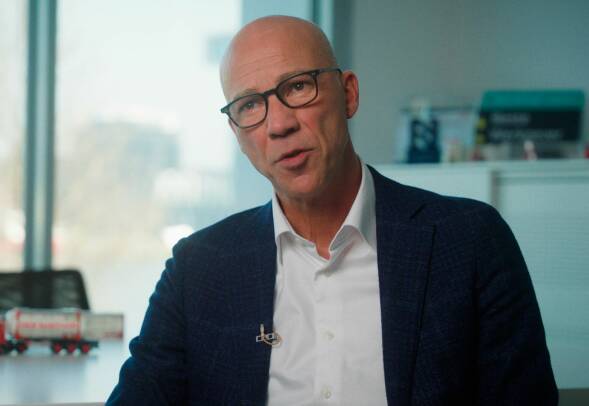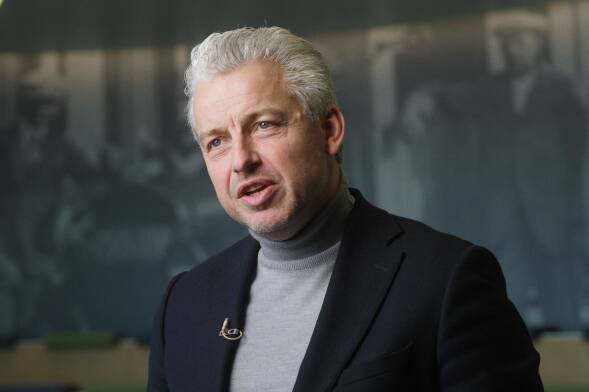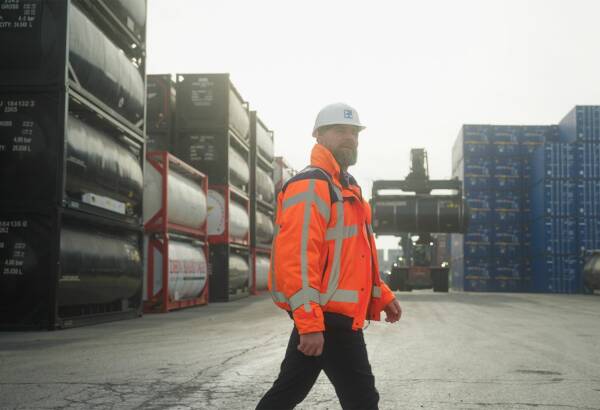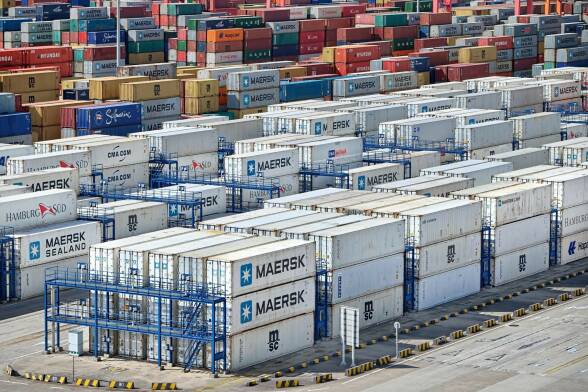Scroll down
FEATURED
The supply chain of the future is one that is sustainable and efficient. As decision-makers in this chain, shippers and freight forwarders are key.
Supply chain of the future
Did we pique your interest?
How does the Harbour Master deal with 230,000 ports of call a year? How does the port of Rotterdam deal with increasing cyber threats? How does Neste transform from a 'traditional' petrochemical company into a leader in renewable biofuels? Listen to this and more in Season 1.
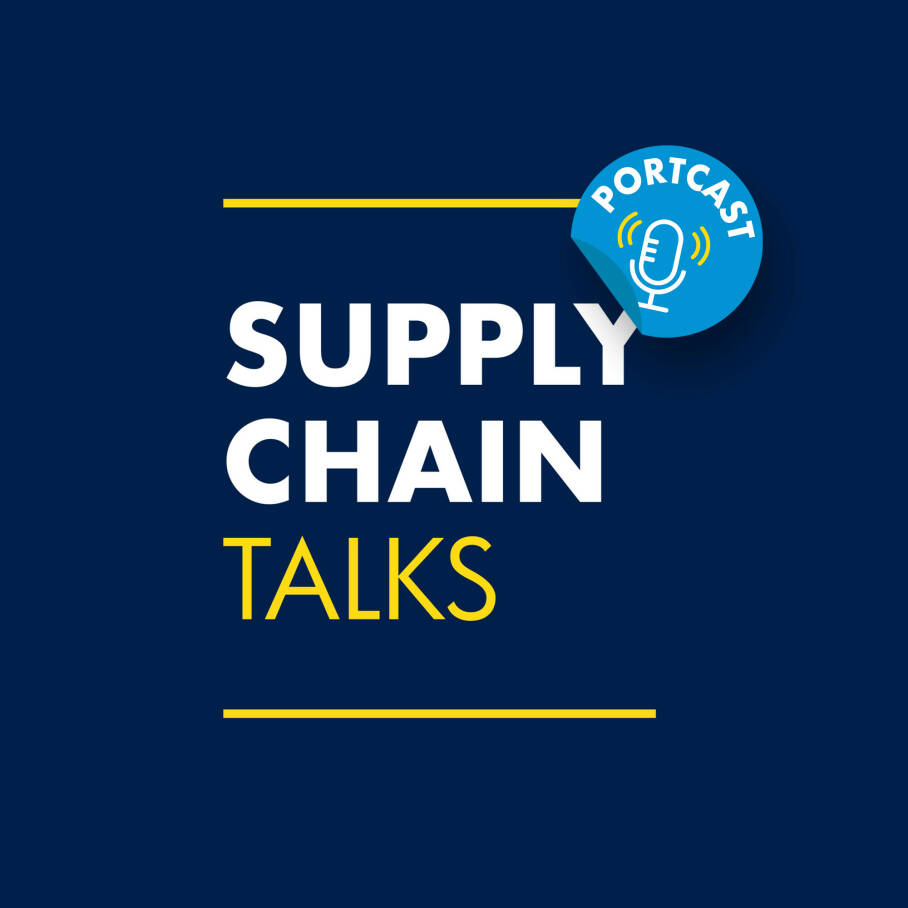
Portcast
The Port of Rotterdam Authority is entering talks with three chain parties about making their supply chains more sustainable and how the concept of insetting can be applied as part of that process. To achieve this, we are in discussions with cargo owner Bugaboo, short sea shipping company Samskip and FincoEnergies’ insetting provider GoodShipping. In the first two editions we talk to Bugaboo and GoodShipping.
Sustainable supply chains via insetting
Transporting complex, heavy or dangerous freight? Working towards a sustainable Rotterdam chemicals cluster? The most sustainable supply chain? Read how we and our partners are working to build the port of the future
Stories
White papers
We explain how this works in our series of Supply Chain Talks, where we hear what the port's stakeholders have to say. Do a deep dive into these subjects with the following white papers, videos and podcasts, which zoom in on the developments and challenges in today’s supply chain. Stay up to date with supply chain developments by subscribing to our Supply Chain Talks mailings.
We cannot achieve this CO2-neutral and efficient supply chain alone. Cooperation between all parties along the value chain is essential. The Port of Rotterdam Authority is committed to this transition, which goes beyond the port.
For a sustainable and future-proof world, we must work towards a CO2-neutral society. Making transport and logistics more sustainable is an important element, and also one of the biggest challenges. The container market will continue to grow in the coming decades due to population growth and the expected increase in consumption. Rotterdam aims to facilitate this growth, but in a sustainable, an efficient and a data-driven way.
FEATURED
The supply chain of the future is one that is sustainable and efficient. As decision-makers in this chain, shippers and freight forwarders are key.
Supplychain of the future
Did we pique your interest?
How does the Harbour Master deal with 230,000 ports of call a year? How does the port of Rotterdam deal with increasing cyber threats? How does Neste transform from a 'traditional' petrochemical company into a leader in renewable biofuels? Listen to this and more in Season 1.
Portcast
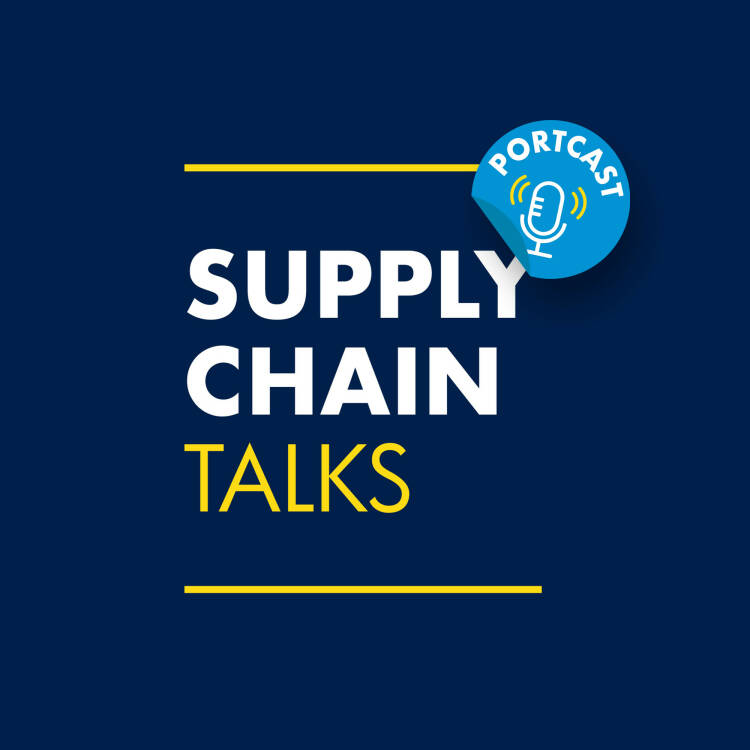
The Port of Rotterdam Authority is entering talks with three chain parties about making their supply chains more sustainable and how the concept of insetting can be applied as part of that process. To achieve this, we are in discussions with cargo owner Bugaboo, short sea shipping company Samskip and FincoEnergies’ insetting provider GoodShipping. In the first two editions we talk to Bugaboo and GoodShipping.
Sustainable supply chains via insetting
Transporting complex, heavy or dangerous freight? Working towards a sustainable Rotterdam chemicals cluster? The most sustainable supply chain? Read how we and our partners are working to build the port of the future
Stories
White papers
We explain how this works in our series of Supply Chain Talks, where we hear what the port's stakeholders have to say. Do a deep dive into these subjects with the following white papers, videos and podcasts, which zoom in on the developments and challenges in today’s supply chain. Stay up to date with supply chain developments by subscribing to our Supply Chain Talks mailings.
We cannot achieve this CO2-neutral and efficient supply chain alone. Cooperation between all parties along the value chain is essential. The Port of Rotterdam Authority is committed to this transition, which goes beyond the port.
For a sustainable and future-proof world, we must work towards a CO2-neutral society. Making transport and logistics more sustainable is an important element, and also one of the biggest challenges. The container market will continue to grow in the coming decades due to population growth and the expected increase in consumption. Rotterdam aims to facilitate this growth, but in a sustainable, an efficient and a data-driven way.
